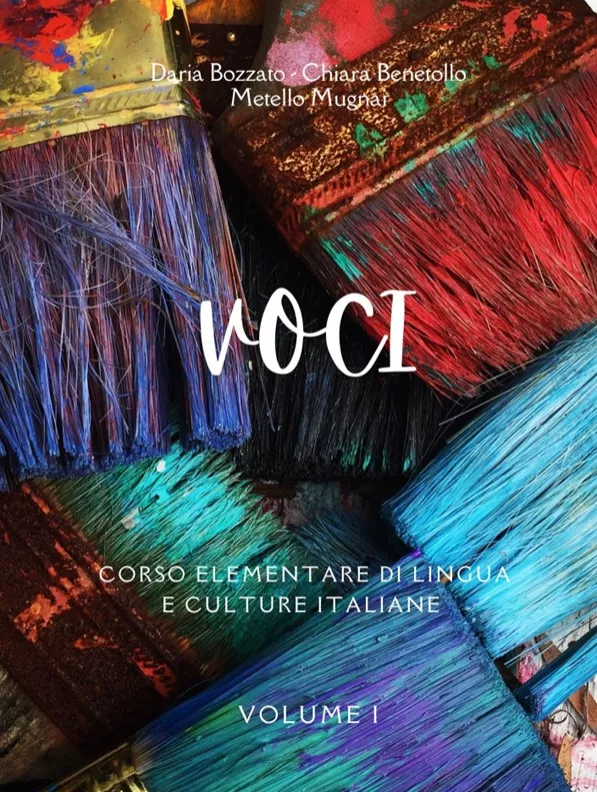
Starting this semester, students enrolled in Italian language courses at the elementary level have access to a free textbook and online platform that promote equity and inclusion by eliminating the need to purchase expensive course books and by providing a more accurate representation of the diverse Italian culture and society.
The open educational resource (OER) textbook and platform Voci: Corso Elementare di Lingua e Culture Italiane, were created by Daria Bozzato and Chiara Benetollo, visiting assistant professors in the Department of Transnational Italian Studies.
Olivia Colace '25 and Ava Panetto (HC ’23) collaborated with the faculty on the project.
“Their contribution was essential to creating the OER online platform and to shaping the textbook based on the needs of Bryn Mawr and Haverford language learners," says Professor Roberta Ricci, chair of the Transnational Italian Studies Department.
According to recent survey data from the College Board, students spent more than $1,200 on books and supplies during the 2019–2020 academic year. During the pandemic the price of textbooks has been surging, and this has increased the financial burden especially on BIPOC students, first-generation college students, and low-income students. Additionally, the vocabulary, language, and images most American and Italian elementary textbooks use today reinforce existing biases and stereotypes by presenting an unrealistic picture of Italian society, especially with regards to issues such as family, professions, gender, and race, says Ricci.
In contrast, Voci includes authentic materials, such as songs, film clips, commercials, and literary excerpts that foster a deeper understanding of the complexity and diversity of the Italian culture and tradition, say the authors.
The textbook cultural sections introduce students to ongoing debates on migration, the history of feminist movements in Italy, and the fight for LGBTQ+ rights. Practice exercises and grammar-focused sections also explore how the Italian language is evolving in response to cultural shifts, including the introduction of gender-neutral endings and pronouns.
Benetollo and Bozzato are now working on the second volume of the textbook, which will be ready by 2023 and will introduce students to more advanced topics in Italian language and culture.
Funding for the student positions was provided by the Bryn Mawr and Haverford libraries.